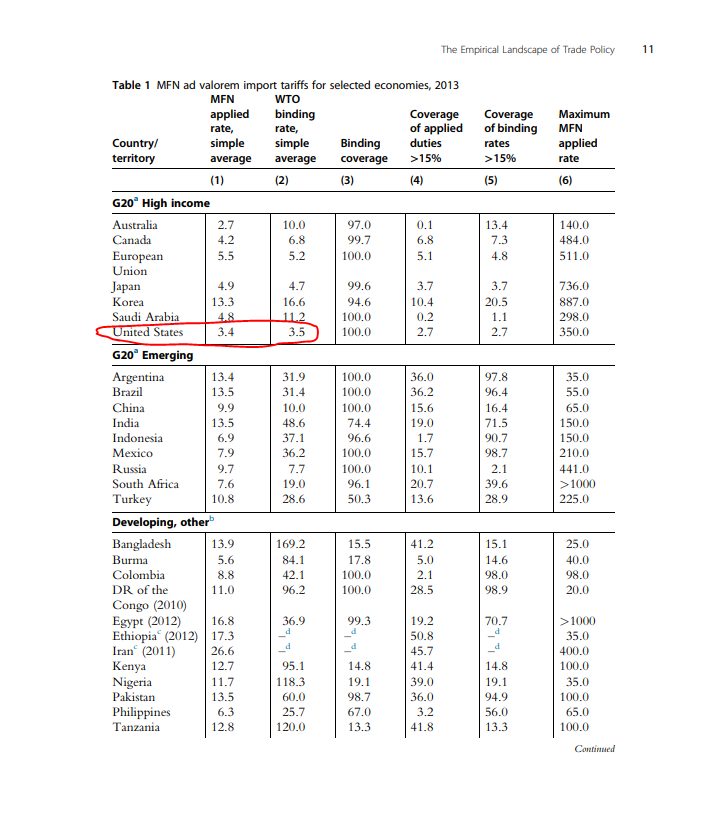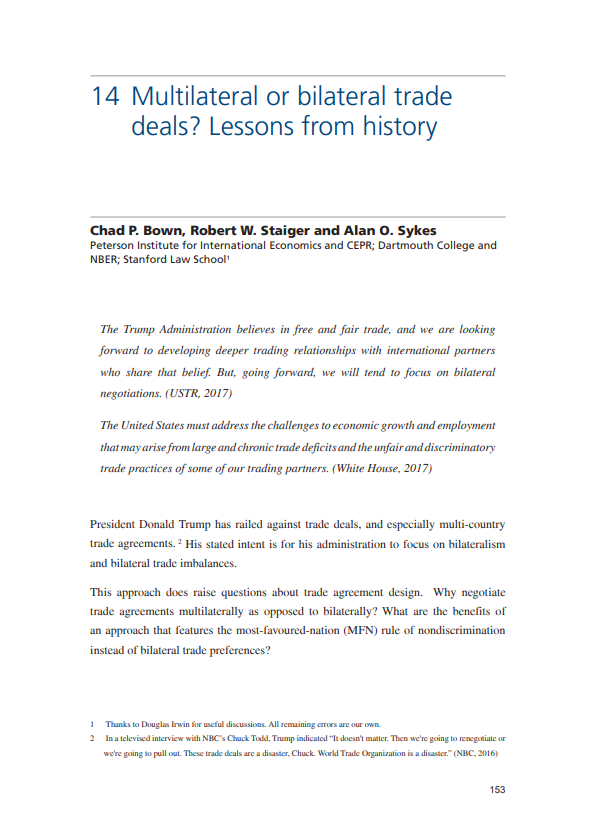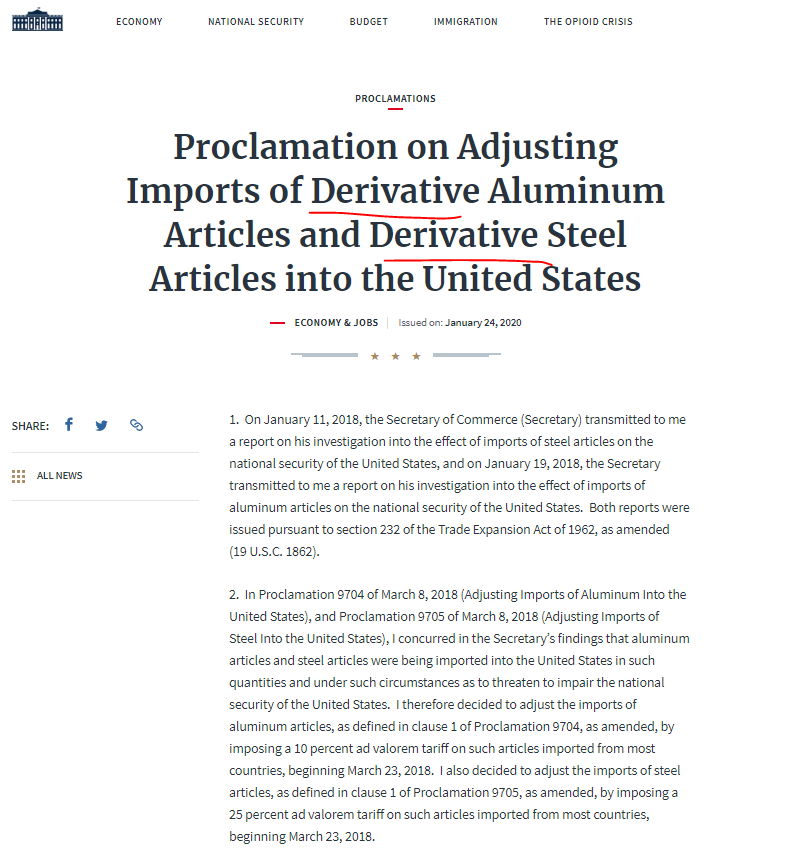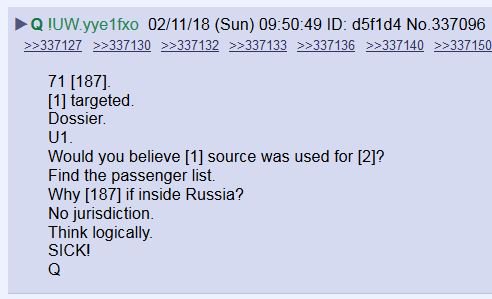Trump wants to INCREASE US tariff bindings at the WTO and get rid of MFN...
Q1: How LOW are US average tariffs compared to other countries?
A1: They are low, but not that much lower than, say, Japan and the EU...
chadpbown.com/wp-content/upl…

Q2: Why is Trump's idea to give up on MFN, and set individual product-level tariffs for each individual trading partner, a problem? (Ie, his reciprocal tariffs idea)
A2: Don't fall for the "sounds good" nature of this
(i) It would be a logistical NIGHTMARE for business...
(ii) Giving up MFN could have PROFOUND impacts for the ability to negotiate (and sustain) **ANY** trade deals
The channels through which this would happen are explained in this op-ed from EARLY Trump days, when they pitched a similar idea...
wsj.com/articles/the-t…
The Trump Trade Team’s Vocabulary Problem
It’s not clear that officials understand the meaning of ‘reciprocity’ and ‘most favored nation.’
(ungated version of the WSJ)
piie.com/commentary/op-…
And when Secretary Wilbur Ross wrote a letter to the WSJ editor, critiquing that piece, this was the follow-up to explain WHY they had it wrong...
bloomberg.com/opinion/articl…
Trump's Reciprocal Tariffs Don't Add Up
The domino effect of raising barriers on German auto imports would clobber U.S. consumers.
(ungated version of the Bloomberg piece)
piie.com/commentary/op-…
There is historical research to showcase the problems that arise if Trump gives up on MFN - and thus, why MFN has MASSIVE benefits...
“Multilateral or Bilateral Trade Deals? Lessons from History,”
(with Alan O. Sykes and Robert W. Staiger)
👉🏾 chadpbown.com/wp-content/upl…






















